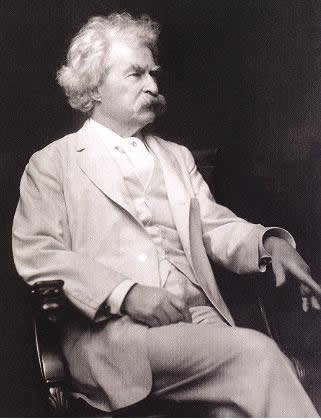Unseen Engineers

In Stuart Ewens PR!, “ Unseen Engineers: Biography of an Idea,” one can see while dealing with “a fundamentally illogical public” you must learn to recognize and master those methods of communication to have a lasting impact on the publics attitudes and opinions. One of Americas most esteemed theorist and advocator of public opinion management, Walter Lippmann argues that the average person was incapable of seeing the world clearly and has no understanding of it.
In order to detain the public’s opinion you must have understanding of modern social and psychological sciences to examine and register the forces working behind the simulation of public opinion. Studying of dreams, fantasy and rationalism all come into play, during this time journalism was one of the most resourceful fluid of influencing the masses. Americans proved that in order to sway the public’s opinion and consciousness you had to use facts images through the media. Lippmann argues that human beings were,” incapable of responding rationally to their world.” He argues that the public must be guided by easily recognizable signs that they can follow in order to guide their minds.
“No technique was more effective for unifying public thinking and derailing independent thought, Lippmann argued, than the informed employment of symbols as instruments of persuasion. The symbol, he wrote, is “like a strategic railroad center where many roads converge regardless of their ultimate origin or their ultimate destination.” (Stuart Ewen PR!, “ Unseen Engineers: Biography of an Idea, ”
(p.155). -EF





